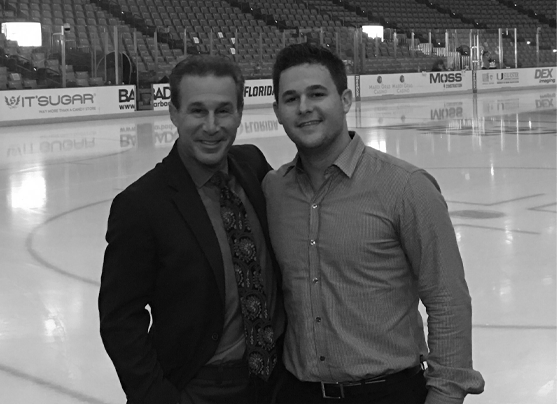Written by Jamie’s mother,
Lisa Daniels-Goldman.
Recovery programs have become big business in the past decade. With any business, there are good and bad actors. Unfortunately, in a situation where people are at their most vulnerable, they are sometimes being taken advantage of by those who are placed there to help. In recent years, the term has been developed to describe this practice, known as patient brokering also referred to as “body brokers”.
Florida has become the recovery capital with over 400 sober living homes in Palm Beach County alone. These homes are linked with outpatient treatment programs, doctors and labs. However, many sober-home owners realized there was more money to be made by preying on individuals with insurance. They would pay anywhere from $500 to $1000 dollars to what has been termed “body brokers”.
“Most medical professionals who should be providing treatment are not sufficiently trained to diagnose or treat addiction, and most of those providing addiction treatment are not equipped with the knowledge, skills or credentials necessary to provide the full range of evidence-based services.”
Source: Partnership to End Addiction
Body brokers befriend and lure individuals into specific sober homes with offers of gifts, or as in Jamie’s case, a promise of rent completely covered by insurance. In many cases, drugs are easily accessible to those in recovery, so the relapsed client must enter detox again and the cycle starts all over. All the while, the owners are charging the insurance.

Patient brokers receive kickbacks for each patient they refer, and they can keep billing the insurance. With Jamie, the doctor to whom he was sent, a self-described addiction specialist, put Jamie on new medication for his anxiety. Jamie had already been on anti-anxiety medication for a month. This new doctor prescribed alprazolam, commonly known as Xanax, a highly addictive drug and not one that would commonly be prescribed to someone addicted to prescription medication.
The intent, it seemed, wasn’t to kill Jamie, but to keep him in the system and to continue to bill his insurance.
Approximately two weeks after Jamie’s death, we learned that the owner of several treatment centers and sober homes in Florida had been charged with, among other things, money laundering and insurance fraud. One of those treatment centers was called Journey To Recovery. That was the name listed on the last Explanation of Benefits we had received from the insurance company for Jamie.
After speaking with Blue Cross Fraud and the Drug Task Force detectives, it was determined that charges from
IN LESS THAN 7 MONTHS THERE WAS UPWARDS OF
IN INSURANCE CHARGES FOR URINE AND BLOOD TESTS ALONE
However, as explained by the Drug Task Force, we had no recourse with either doctor. We could take them to court, but without a well-recognized standard of care for substance abuse therapy, it would be our expert witnesses against theirs. So, Jamie’s cause of death remains accidental death by overdose.
In April 2018, we were invited to share Jamie’s story in front of Congress in Washington. Congress then began an investigation into patient brokering. In October 2018, the Eliminating Kickbacks in Recovery Act was signed into law. Unfortunately, this hasn’t stopped the practice of patient brokering around the country.


How the voice of Hockeytown lost his son to drugs and insurance fraud.
The Jamie Daniels Foundation, a Children’s Foundation initiative, provides education, resources, guidance and support to youth and adolescents battling Substance Use Disorder so that lives can be saved and healing can be created within families.
3011 West Grand Blvd
Suite 218
Detroit, Michigan
48202-3042